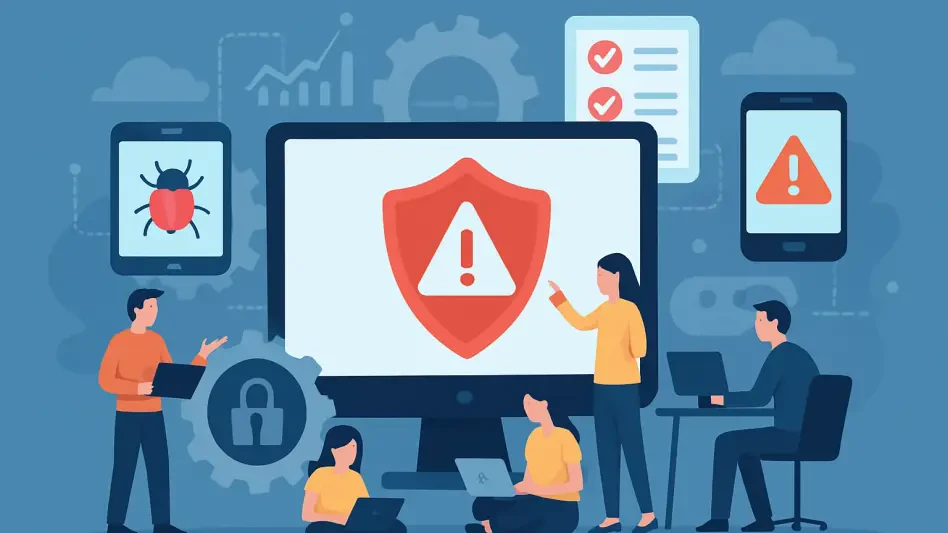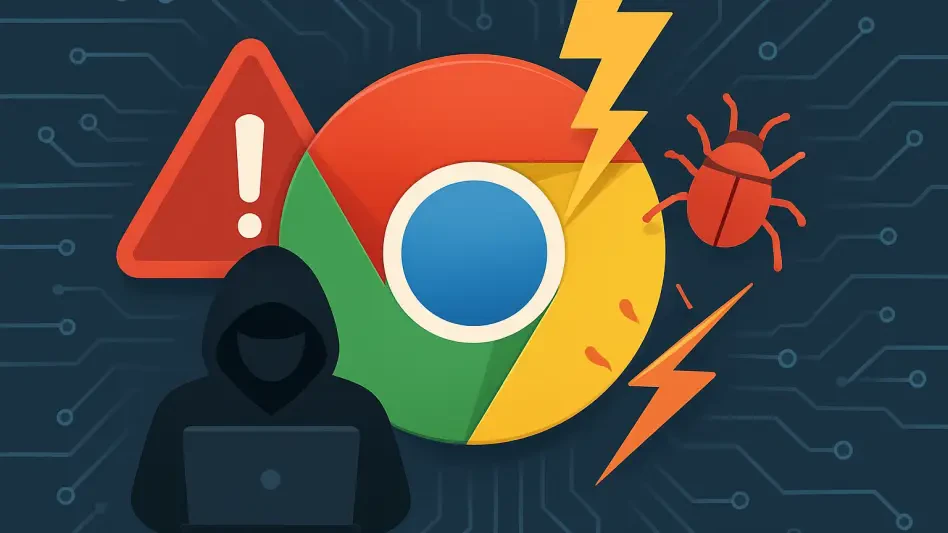In a world where reliance on digital communication tools continues to grow exponentially, securing the algorithms and infrastructures supporting these tools has never been more critical. Recently, a significant vulnerability in OpenAI’s ChatGPT API was brought to light by security researcher Benjamin Flesch. This flaw has the potential to facilitate highly damaging distributed denial-of-service (DDoS) attacks, raising alarms across the tech community. The implications of this vulnerability extend beyond mere technicalities, posing real threats to businesses and individuals alike.
The Discovery of a Critical Flaw
The Nature of the Vulnerability
Benjamin Flesch discovered that the ChatGPT API allows the handling of HTTP POST requests to the /backend-api/attributions endpoint without imposing a limit on the number of hyperlinks in a single request. This absence of limitations provides a fertile ground for attackers to exploit by flooding requests with numerous URLs. As a result, OpenAI’s servers could generate an overwhelming number of HTTP requests directed at a targeted website. Such a scenario can significantly strain or even disable the targeted site’s infrastructure, manifesting as a full-blown DDoS attack.
Flesch further emphasized that the API lacks two critical safeguards: rate-limiting and duplicate request filtering mechanisms. The deficiency of these elements greatly exacerbates the severity of the vulnerability. According to him, robust rate-limiting must be enforced, and duplicate requests should be effectively filtered to mitigate potential abuse. He criticized OpenAI for lapses in their coding practices and a lack of stringent security measures, urging the immediate implementation of stringent limits on URL submissions as a countermeasure.
Expert Opinions
Flesch’s findings were corroborated by industry experts like Elad Schulman of Lasso Security Inc., who echoed the concerns raised about the ChatGPT API’s vulnerability. Schulman pointed out that chatbots utilizing ChatGPT could inadvertently initiate crawlers capable of wreaking havoc on a business’s online presence. Such activities could lead to reputational damage, data exploitation, and resource depletion, including scenarios where financial resources are drained through DDoS attacks or denial of wallet attacks. Schulman stressed the importance of implementing appropriate safeguards to prevent these potential exploitations by cybercriminals.
Schulman warned that if appropriate security measures are not adopted promptly, hackers could easily exploit ChatGPT for financial gain. He noted that the absence of these measures could lead to a rapid depletion of a victim’s financial resources. The consensus among experts highlights not only the necessity for immediate corrective actions but also showcases the broader implications for cybersecurity within AI-driven platforms. Such insights underline the urgency of incorporating best programming practices and enforcing robust security measures to prevent future vulnerabilities.
Implications for API Development
The Importance of Robust Security Measures
The glaring vulnerabilities discovered in OpenAI’s ChatGPT API underscore the immense importance of robust security measures in API development. Any absence or weakness in security frameworks can open the floodgates for exploitation, leading to significant financial losses and reputational damage. These vulnerabilities, therefore, shine a spotlight on the need for developers and companies to prioritize security from the ground up. Ensuring a secure and dependable API environment should not be an afterthought but rather an integral part of the development process.
In the context of the ChatGPT API, rate-limiting and effective duplicate request filtering mechanisms are not optional but essential. Such safeguards can prevent the types of abuse that lead to DDoS attacks. Developers should adhere to best practices in coding, ensuring that APIs can withstand malicious requests and other forms of cyber threats. As the reliance on APIs continues to grow in various sectors, from fintech to healthcare, robust security practices must be the standard rather than the exception.
Steps Moving Forward
In today’s world, where the dependency on digital communication tools is growing at an unprecedented rate, ensuring the security of the algorithms and infrastructures that support these tools is more crucial than ever. Recently, a major vulnerability was discovered in OpenAI’s ChatGPT API by security researcher Benjamin Flesch. This flaw has the potential to enable highly damaging distributed denial-of-service (DDoS) attacks, causing significant concern within the tech community. Such vulnerabilities do not merely represent technical issues; they pose substantial risks to businesses and individuals. The possibility of DDoS attacks can disrupt services, lead to financial losses, and compromise sensitive information. This highlights the urgent need for enhanced security measures and continuous monitoring to protect against such threats. As digital tools become increasingly integrated into various aspects of our lives, safeguarding them against potential attacks is essential to maintaining trust and operational stability. The exposure of this vulnerability serves as a reminder of the ongoing challenges in cybersecurity.







